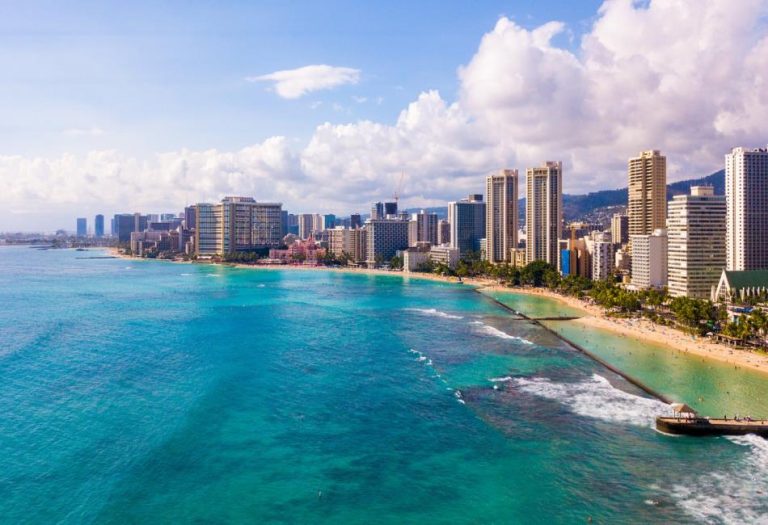Navigating Boating Safety: Essential Gear and Tips for Safe Adventure
Key Takeaways
- Recognizing the crucial role of safety in preventing boating accidents
- Must have safety gear for every boating excursion
- Practical tips and best practices to ensure a safe boating experience
- Where to find the latest safety regulations and courses
Understanding the Importance of Boating Safety
Boating can offer exhilarating experiences and tranquil moments on the water. Yet, with the thrill comes a great responsibility—safety. Data from recent years highlights a concerning number of boating accidents and fatalities, emphasizing how critical it is to integrate comprehensive safety measures. Well-prepared boaters significantly decrease the risk of tragedies by investing in essential safety gear and keeping a vigilant mindset.
Essential Safety Gear for Every Boater
Life Jackets
The life jacket is one of any vessel’s most crucial safety equipment. Surprisingly, many accidents with tragic outcomes reveal boaters weren’t wearing life jackets, pointing to severe neglect in safety culture. Marine RV maintenance is also key in promoting boating safety, ensuring all equipment and vehicles function optimally before setting off. These wearable devices are specially designed to keep individuals afloat and make rescue easier, and they are a legally required piece of equipment on most boats. It’s vital to ensure everyone on board, regardless of swimming ability, wears a properly-fitted life jacket that corresponds with the person’s weight and size.
VHF Radios
Stay connected to emergency services and other vessels when out at sea becomes indispensable. This is where VHF radios play an essential role. Unlike mobile phones, VHF radios offer a direct line to emergency assistance and other boaters within a designated range, making them incredibly reliable. In the event of an emergency or sudden weather changes, discovering the role of VHF radios in emergencies could make a difference in ensuring the safety of everyone on board.
First Aid Kit
Accidents can happen anytime, so a comprehensive first aid kit is indispensable on any boating trip. It should be tailored to meet the unique challenges of boating, including seasickness, minor cuts, or more serious injuries incurred at sea. Essential items include adhesive strip bandages, antiseptic wipes, scissors, and necessary medications. Ensuring that your first aid kit is regularly stocked and easily accessible will provide immediate relief for minor injuries and stabilize conditions until further medical aid can be obtained.
Tips for Safe Boating Adventure
Weather Conditions
Before venturing out, always check the weather conditions, as they can dramatically change without warning. Understanding how to interpret maritime weather reports is crucial for any boater. Threatening clouds, testing winds, or changes in air pressure can indicate impending storms. Learning to recognize these signs and planning accordingly ensures your trip remains safe and pleasant.
Navigation and Avoiding Hazards
Smart navigation begins before you leave the shore. A detailed understanding of your planned route, including potential hazards like reefs and rocky outcrops, can prevent many accidents. To avoid these hazards, utilize modern navigation tools, which offer real-time information and guidance. Sticking to established routes and continually updating your navigation skills ensures safer journeys and lessens the potential risk of costly damage or situations.
Best Practices Every Boater Should Follow
The importance of a float plan cannot be overstated. A float plan lets someone on shore know your itinerary and when you should return, which could save valuable time should an emergency arise. Along with this, it’s critical to avoid alcohol consumption while boating. Not only is this a legal requirement in many places, but staying sober significantly improves your ability to make quick, sound decisions in potentially high-pressure situations. Learn about the impact of impaired boating on safety and why adhering to these practices is essential for a safe trip.
Staying Updated on Safety Regulations
Boating regulations are in place for your safety and change frequently to address new technological advancements and safety findings. Familiarize yourself with both national and local laws before heading out. Additionally, boating safety courses provide valuable knowledge and assurances that you are up-to-date with the latest rules and best practices, allowing for a confident and legally compliant boating experience.
Conclusion: Prioritizing Safety for a Fun Boating Experience
While the open water offers endless adventures, safety should always be the captain of your vessel. Preparing with the right gear, staying informed of regulations and best practices, and remaining alert ensure that every voyage is memorable for the right reasons. May your time boating be filled with joy, safety, and many successful outings.







